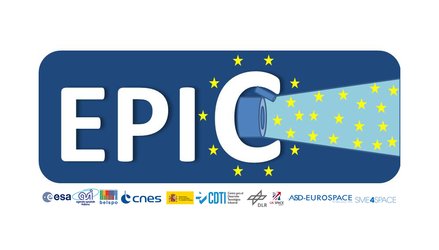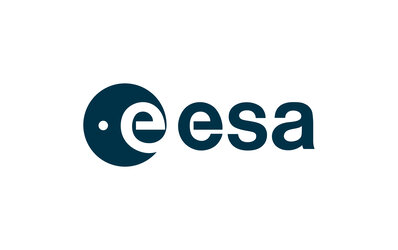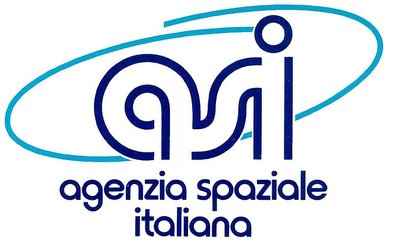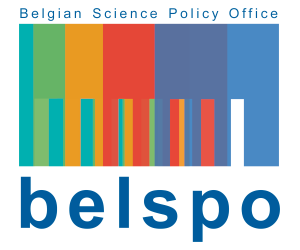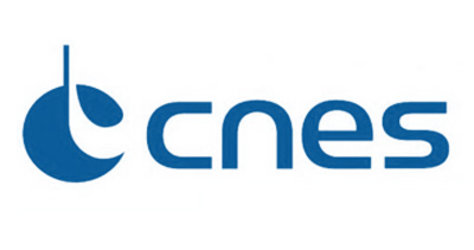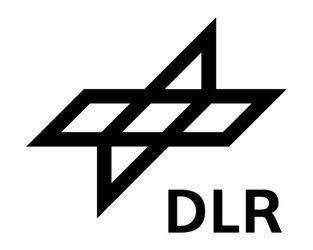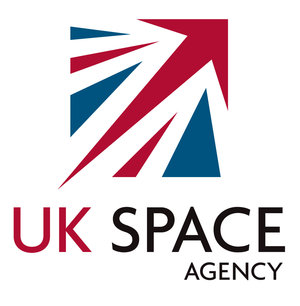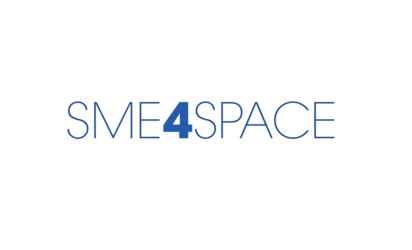Centre National D’Etudes Spatiales (CNES)
CNES is the French Space Agency, a governmental organisation founded in 1961. As programme-focused agency and centre of technical expertise, CNES is responsible for shaping and implementing France’s space policy within the framework of international cooperation, particularly within Europe. CNES is a major source of proposals which aims at maintaining and developing France and Europe’s competitiveness and ensuring that they remain key players in the space domain.
French space policy is implemented in areas of strategic, economic and scientific importance:
- Access to Space with the Ariane launchers development and operations of Europe’s spaceport in Kourou - French Guyana. The Ariane programme is run by the European Space Agency and launch services are marketed by Arianespace.
- Operational and commercial applications stemming from space technologies such as Earth observation (SPOT, Pléiades, METOP/IASI, …), telecommunications, navigation (EGNOS, Galileo), location (Argos) and Search&Rescue (Sarsat).
- Defence space assets (e.g. Helios, Athena-Fidus, MuSis-CSO) and Global Monitoring for Environment and Security (GMES)
- Science programmes in conjunction with European and international research organizations (e.g. Jason, SMOS, Corot, Swarm, Rosetta, Mars Science Laboratory) and microgravity research experiments.
Since its early days, CNES has been involved in the development of propulsion sub-systems for its own needs as well as to foster the competitiveness of the industry and the relevance of the research centres with which it works. CNES manages the Research group on plasma propulsion which is composed by SNECMA, ONERA and several French laboratories of CNRS and universities.
In the field of Electric Propulsion (EP), CNES works mainly on 5 aspects:
- the propulsion systems design linked with mission analysis (GEO, LEO (scientific, earth observation, …), space exploration and transportation)
- the development of Hall Effect Thrusters (HET) with SNECMA in Vernon (PPS 1350, PPS5000, EPS500). These HET developments begun years ago and thrusters manufactured by SNECMA (PPS-1350) have flown on numerous missions including SMART 1 probe and fly on the Alphasat platform (first Alphabus telecom platform)
- in cooperation with laboratories, studies and modelling of physical phenomena in HET, and set up of a fully instrumented test bench in Orleans.
- modelling of plasma jet effects and characterization of their interaction with satellite materials
- very high power propulsion systems for space transportation and exploration (e.g. FP7 MEGAHIT project)
CNES is now working with the European Space Agency and industry in the NEOSAT programme which aims at improving the leadership of the industry for telecom satellites, one of the subjects being the electric propulsion.



